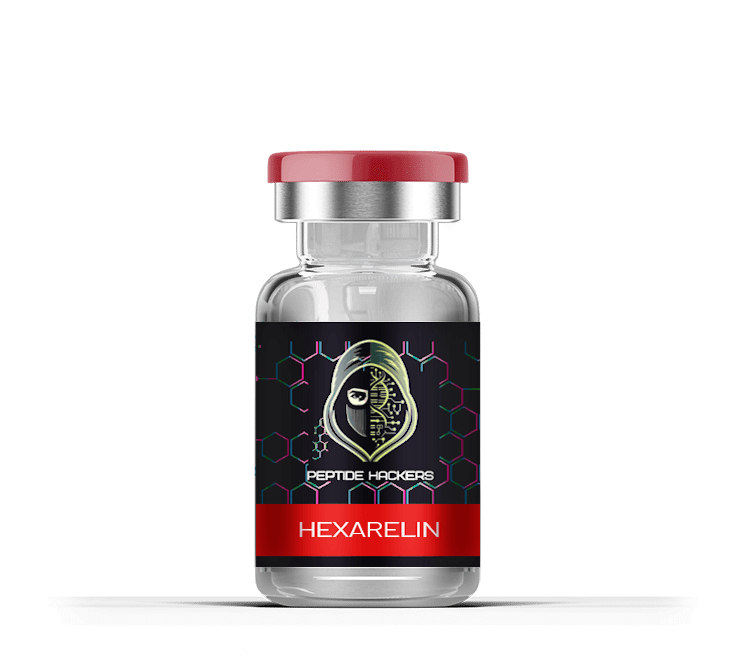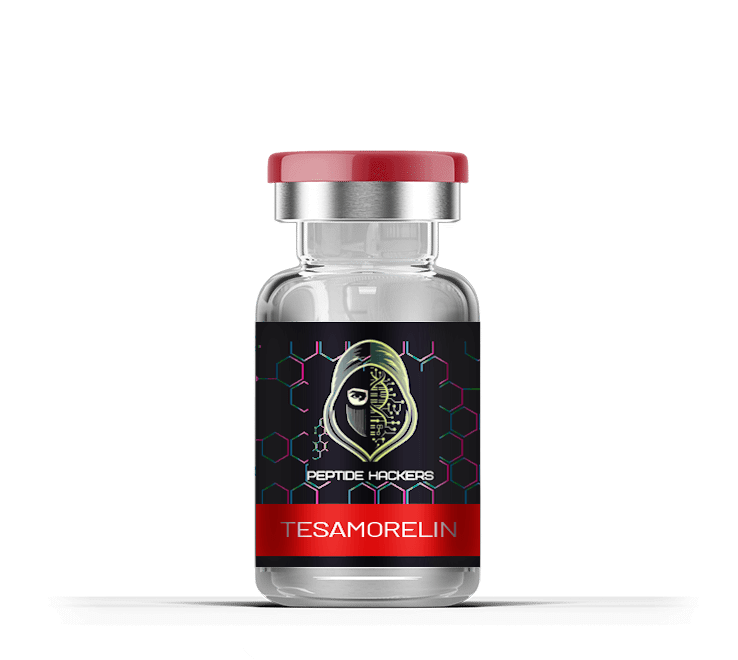Survodutide Research Compound: Published Data Review
Shipping: We offer reliable shipping options both domestically and internationally. All orders are processed within 1-2 business days. Shipping times vary depending on your location, and you will receive a tracking number once your order has shipped. Please note that international customers are responsible for ensuring that peptide products comply with their country’s import regulations.
Returns: Due to the specialized nature of our products, we do not accept returns or exchanges. If you receive a damaged or incorrect item, please contact our customer support team within 7 days of delivery. We will work to resolve the issue as quickly as possible, either by sending a replacement or providing a refund if applicable. For additional questions about shipping or returns, please reach out to our support team.
Semaglutide, Tirzepatide & Retatrutide – Research Grade Peptides
High-purity peptides supplied for laboratory use only. Designed for non-clinical testing, formulation development, and biochemical analysis.
Key Highlights
- High-purity lyophilized peptides verified via HPLC & Mass Spectrometry
- Available in multiple sizes for lab-scale projects
- Bulk ordering options with verified quality documentation
- Cold-chain managed shipping from U.S. facilities
- Private and white-label options for verified research entities
Why Choose Peptide Hackers for Research Supply
Our peptides are prepared and packaged according to stringent laboratory handling standards. Each batch undergoes analytical validation to ensure consistency and quality for non-clinical research environments.
For laboratory research use only. Not for administration or clinical testing.
Semaglutide – Research Reference Compound
Form: Lyophilized powder in sealed vial
Sizes: 5mg, 10mg, 20mg
Minimum Order: 10 vials
Intended for analytical and in vitro research applications related to receptor binding, formulation, and compound stability analysis.
Tirzepatide – Research Reference Compound
Form: Lyophilized powder
Sizes: 10mg, 15mg, 20mg, 30mg
Minimum Order: 10 vials
Suitable for biochemical analysis and method validation in authorized research settings.
Retatrutide – Research Reference Compound
Form: Lyophilized powder
Size: 10mg
Minimum Order: 10 vials
Used in laboratory environments for studying compound interactions and molecular properties under controlled conditions.
Shipping & Quality Control
- Cold-chain logistics ensure compound integrity
- Domestic fulfillment within 24–48 hours
- Quality certificates and analytical reports available upon request
Custom Orders
Bulk and white-label options are available for qualified research institutions. Contact our laboratory supply division for large-quantity quotes and compliance verification.
Our Story, Our Promise
At PeptideHackers, we’re committed to advancing research by providing high-quality peptides for scientific and research purposes. We ensure the highest standards and transparency in every product, supporting your research with science-backed solutions. Welcome to PeptideHackers.
Frequently Asked Questions
-
Due to the sensitive nature of our research products, we do not accept returns or exchanges. However, if you receive a damaged or incorrect item, please contact our customer support team within 7 days of receiving your order, and we will work to resolve the issue.
-
Research peptides are short chains of amino acids designed for laboratory and scientific research purposes only. They are not intended for human or animal use.
-
Peptides should be stored in a cool, dry place. For long-term storage, refrigerate at 4°C, and for even longer preservation, freezing at -20°C is recommended.
-
Yes, we provide a Certificate of Analysis (COA) for every batch of peptides, detailing the purity and composition to ensure research quality.







